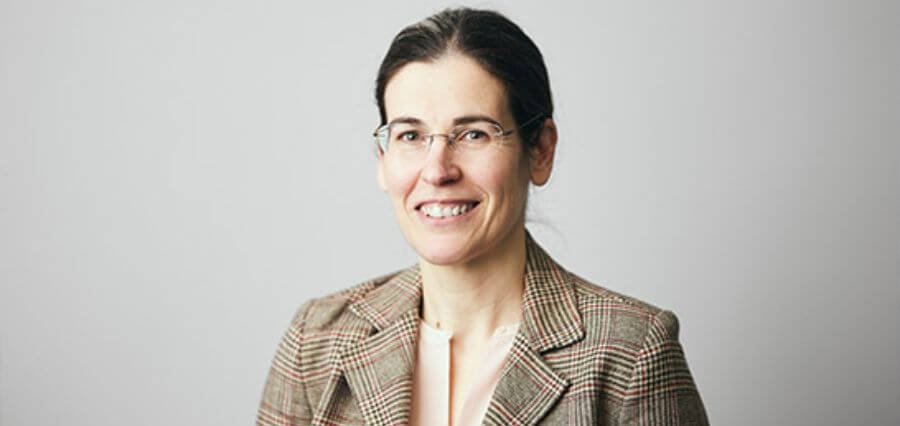#Wise Women
A growing number of startups are expanding with excellent performance with women at their helm. Once considered a male-dominated space, the startup ecosystem is witnessing a growing presence of female entrepreneurs who are not only launching successful ventures but are also reshaping entire industries. From technology to healthcare, finance to sustainability, women founders are driving innovation, creating jobs, and contributing to the global economy in ways that are both impactful and inspiring. In recent years, women-led startups have been making significant strides in the global business environment, breaking barriers and challenging stereotypes. The rise of women-led startups is not just a story of business success; it is a story of empowerment, resilience, and the redefinition of leadership.
One of the key factors contributing to the growth of women-led startups is the increased access to education and entrepreneurial resources. More women are pursuing advanced degrees in business, technology, and engineering, equipping themselves with the skills needed to launch and scale successful ventures. In addition, the global push for gender equality has led to the creation of more opportunities for women in business. Governments, non-governmental organizations (NGOs), and private enterprises are offering mentorship programs, startup accelerators, and funding opportunities specifically tailored to women entrepreneurs. These initiatives have not only increased the visibility of women-led startups but have also helped level the playing field, giving female founders the tools and support needed to thrive.
Take, for example, Whitney Wolfe Herd, the founder and CEO of Bumble, a dating app that puts women in control of making the first move. Bumble’s unique approach to online dating has disrupted the traditional dynamics of the industry, offering a platform that prioritizes respect, equality, and female empowerment. Wolfe Herd became the youngest female CEO to take a company public in the United States in 2021, a milestone that underscores the growing influence of women in the startup world. Her success with Bumble is a testament to the fact that women-led startups are not only viable but also capable of achieving massive scale and profitability.
In the tech industry, which has long been dominated by men, women-led startups are driving innovation and pushing boundaries. A notable example is Anne Wojcicki, co-founder and CEO of 23andMe, a direct-to-consumer genetics testing company. Wojcicki’s company has revolutionized the way people access genetic information, making it easier for individuals to understand their ancestry, health risks, and genetic traits. Under her leadership, 23andMe has become a leader in personalized healthcare, utilizing data-driven approaches to empower individuals with insights into their own genetic makeup. This approach has far-reaching implications, not just for consumers, but also for the healthcare and pharmaceutical industries, which are increasingly turning to personalized medicine as the future of healthcare.
The rise of women-led startups is not confined to the tech industry. In the realm of sustainability and social impact, female entrepreneurs are playing a critical role in addressing some of the world’s most pressing challenges. Take, for instance, Miki Agrawal, founder of Thinx, a company that produces sustainable, reusable period products. Agrawal’s innovation has disrupted the menstrual hygiene market, offering eco-friendly alternatives that reduce waste and promote women’s health. By addressing both environmental and societal issues, Thinx has gained a loyal customer base and sparked conversations about women’s health and sustainability on a global scale.
Healthcare is another sector where women-led startups are making a profound impact. Female founders are uniquely positioned to understand and address gaps in healthcare, particularly when it comes to women’s health. Tania Boler, co-founder of Elvie, a company that produces smart technology for women’s health, is a perfect example. Elvie’s flagship product, a wireless breast pump, has revolutionized the breastfeeding experience for working mothers, offering a discreet and efficient solution that empowers women to balance their careers and family life. Boler’s innovation has not only improved the lives of countless women but has also brought attention to the need for more investment in women’s health technology, an area that has historically been underfunded and overlooked.
The rise of women-led startups has also been facilitated by the growing availability of funding for female entrepreneurs. Venture capital (VC) firms, angel investors, and crowdfunding platforms are increasingly recognizing the potential of women-led ventures and are actively investing in their growth. While women founders still face challenges in securing funding—female-led startups receive only a fraction of total VC investments compared to their male counterparts—there are signs of progress. Organizations like All Raise, a nonprofit that promotes women in venture capital and entrepreneurship, are working to close the funding gap by advocating for more female investors and creating networks that connect women entrepreneurs with funding sources.
Despite the progress, challenges remain. Women entrepreneurs often face systemic barriers, including gender bias, limited access to networks, and societal expectations that can make it difficult to balance family life and business growth. However, these obstacles are being met with resilience and creativity. Many women-led startups are thriving not in spite of these challenges, but because they have learned to navigate them with innovative business models and inclusive leadership styles that prioritize collaboration, empathy, and long-term impact.
Modern women entrepreneurs are making the difference, challenging the status quo and redefining what success looks like in entrepreneurship. From tech disruptors like Whitney Wolfe Herd and Anne Wojcicki to social impact leaders like Miki Agrawal and Tania Boler, female founders are creating businesses that not only generate profit but also drive positive change in society. As more women continue to break through barriers and lead successful startups, the global business landscape will become more diverse, innovative, and inclusive, benefiting economies and communities worldwide. The future of entrepreneurship is undoubtedly female, and women-led startups are at the forefront of this exciting transformation.





